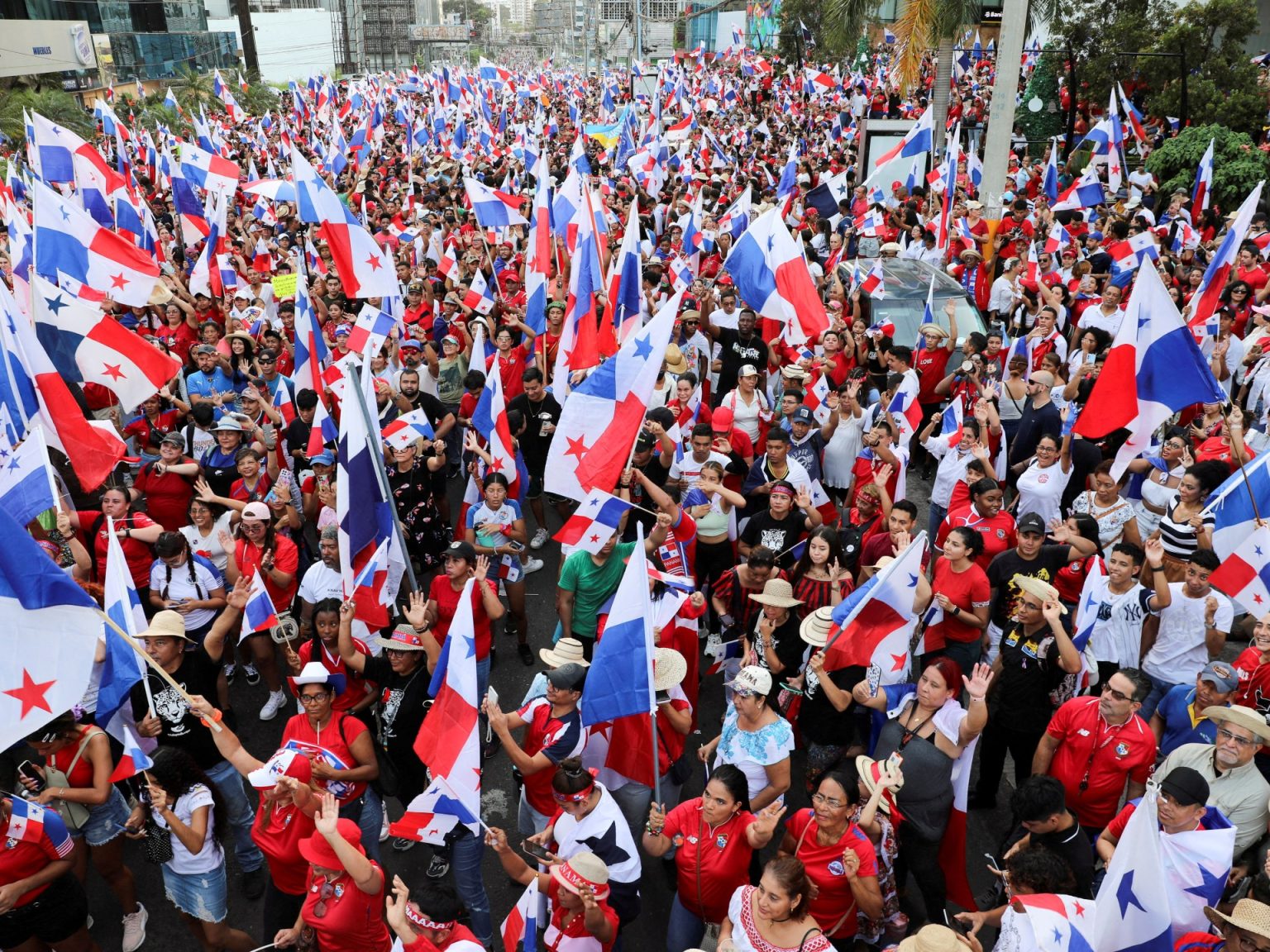Panama is gearing up for its upcoming presidential election following a tumultuous few years dealing with the COVID-19 pandemic, protests, and a drought affecting the Panama Canal. Eight candidates are competing for the presidency, including Jose Raul Mulino and Martín Torrijos. Corruption is a significant concern for Panamanians, with Transparency International ranking Panama poorly in its corruption index. Experts estimate that the country loses approximately $520 million annually due to corrupt practices, with institutions like the Social Security Fund being singled out for corruption. While all candidates have pledged to tackle corruption, some have faced allegations of malfeasance themselves.
Economic concerns are also a central issue in the upcoming election in Panama. While the country has experienced sustained economic growth, it remains one of the most unequal countries in Latin America. Poverty persists, with almost 13% of Panamanians living on less than $6.85 a day, and unemployment rates are high among young people. However, the presidential candidates have not presented concrete proposals to address these fiscal challenges, despite a recent credit rating downgrade by Fitch. The closure of the Cobre Panamá mine, one of the world’s largest copper mines, has also impacted Panama’s economy, with potential disputes over reparations.
Environmental issues are also at the forefront of the election, with concerns about climate change, drought, and water scarcity affecting the population. Rising sea levels have threatened Indigenous communities, while El Niño weather patterns have exacerbated heatwaves and drought conditions. The drought has affected the Panama Canal, causing disruptions in shipping traffic and revenue losses. Despite these challenges, there is weak environmental discourse among the presidential candidates, with uncertainties over the future of the Cobre Panamá mine and potential international arbitration proceedings.
Experts warn that the upcoming presidential election in Panama will present significant challenges for the new leader in addressing the country’s issues. A record number of independent candidates are running for the National Assembly, posing challenges in unifying them once in office. Some candidates have proposed constitutional reforms to tackle corruption and other issues, though there are doubts about whether a new constitution will solve Panama’s problems. While popular support for constitutional changes is evident, there are concerns that a new legal framework may not be a panacea for issues like inequality and lack of opportunities for the youth.
In summary, Panama faces a crucial presidential election amidst ongoing challenges related to corruption, economic inequality, and environmental issues. The outcome of the election will determine the country’s path forward in addressing these pressing concerns. With corruption, economic stagnation, and environmental threats looming large, the new administration will have to navigate a complex political landscape to bring about positive change for the people of Panama. The upcoming election presents an opportunity for Panamanians to choose a leader who can tackle these critical issues and pave the way for a more prosperous and sustainable future for the country.


